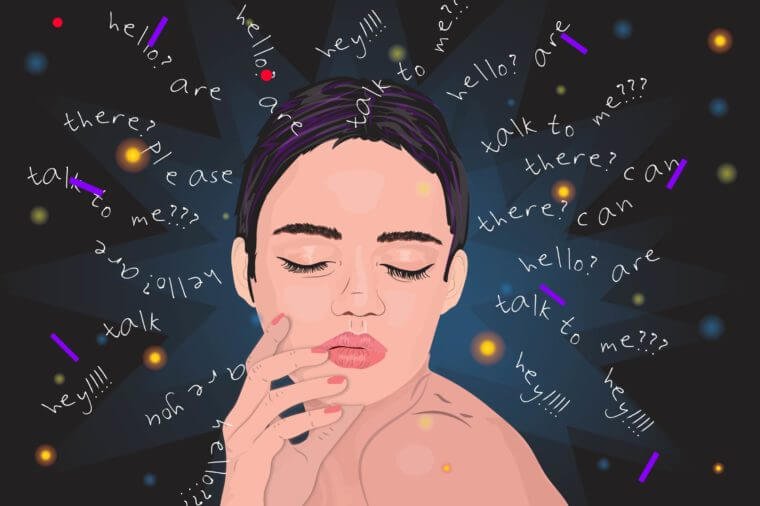Hearing voices in your head isn’t necessarily a bad thing, despite the taboo social connotation. In fact, we hear voices every day when we read books, mentally plan out our schedules, and debate over what we should wear.
Though talking in our heads and talking out loud are noticeably different to us, our brains perceive them as basically the same action, according to a new study published in the journal eLife.
To understand how this is possible, let’s talk about talking (out loud, that is). The brain instructs the vocal chords, tongue, and lips how to move to produce the correct sounds so we can say what we want to say. It also makes a copy of that instruction, what’s called an efference copy. This copy lets the brain predict what sounds that are about to be vocalized. When what we hear ourselves say matches that prediction, the brain reduces its sensory response because it already knew what was going to happen.
First study author Thomas Whitford, an associate professor in the School of Psychology at the University of New South Wales in Australia, explained to Medical News Today that this phenomenon is similar to tickling. When we tickle ourselves, it doesn’t feel very ticklish because our brains produce an efference copy of the command to our fingers, so it can predict what sensations will be produced and dampens the response. When someone else tickles us, our brain can’t predict that and thus creates a bigger response.
Whitford and his team wanted to find out if the brain also makes efference copy for “inner speech” that we hear in our heads. For the research, 42 volunteers listened to vocal speech through headphones while their brain activity was tracked. They were instructed to either make a sound in their heads that was the same or different to the one they heard.
The results from the brain activity readings showed that a certain brain response was in fact dampened when the inner sounds the volunteers made matched the sounds they heard through the headphones. The response was bigger when the two sounds did not match. Researchers concluded that the brain does make an efference copy for both external and internal speech. This finding could lead to breakthrough studies on disorders like schizophrenia, where people hear voices others don’t assumedly because of inner speech problems.
So as you’re reading this article to yourself, you can “hear” it thanks to the same processes that allow you to talk out loud. But that just touches the surface of what goes on inside our noggins.












